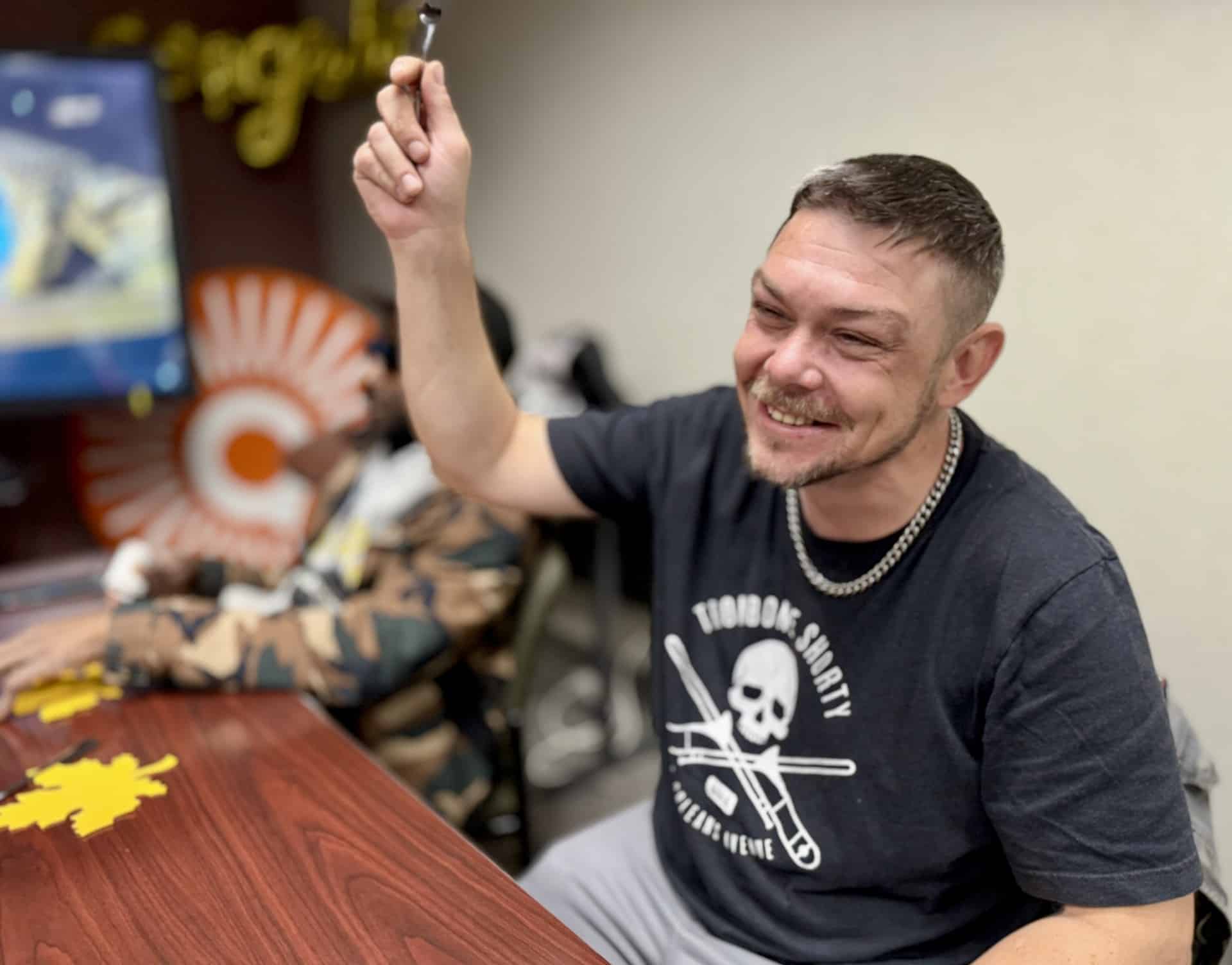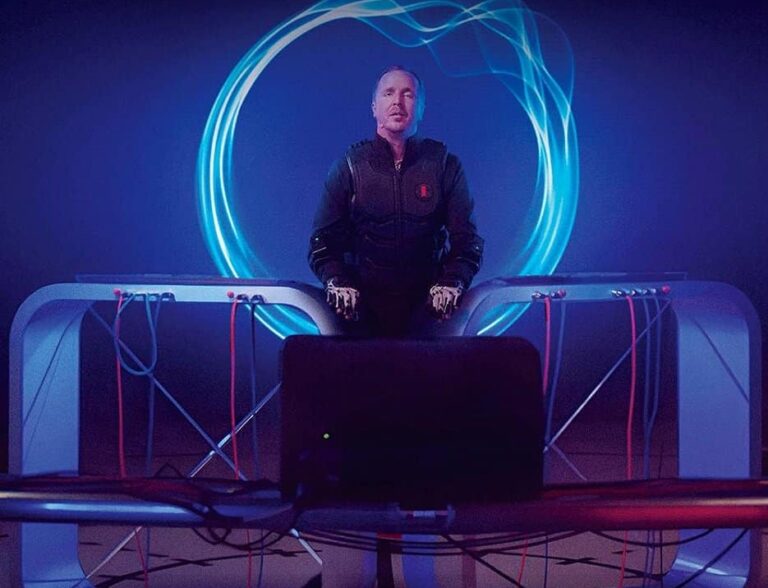Through Our Eyes: Finding Balance

I have been blind for 37 years … since birth as it happens.
In that time, like so many others, I have learned a variety of different skills and techniques for living as a fully functioning and highly independent adult. I have a full-time job, I cook, clean, take care of my two small kids, pay my bills, buy groceries, and roll my trash barrel out to the curb on Monday mornings. Unless I forget, that is.
These are all skills I have been taught or have learned on my own. The emotional side of this journey, on the other hand, is a bit more complicated. I’ve done okay during my time on the planet but research shows that many people in the blind and visually impaired community aren’t so fortunate.

By The Numbers
When Serenity sat across from me in my small office asking me a series of questions, there was one that that took more time to answer despite the short reply I offered.

“Do you feel that the emotional needs of people with vision loss are met as well as the physical and practical?”
I paused to think. “No,” I finally answered.
Serenity was a Capstone student who came to Alphapointe a couple of months prior and was interested in developing programs that tended toward the mental and emotional needs of those with visual impairments.
And it’s clear it’s needed.
“Do you feel that the emotional needs of people with vision loss are met as well as the physical and practical?”
According to recent surveys, the state of Missouri contains 164,101 blind or visually impaired people, and 49.1% of them struggle with depression. On the other side of the sate line, in Kansas, there are 62,319 people with vision loss in the state of Kansas, and 38.5% of them struggle with depression. While the physical and practical needs of the blind and visually impaired population are most often the focus, these numbers are indicative that the emotional needs require attention. And that’s something Serenity hopes to change.
Balance Pointe
“My dad is visually impaired, and he struggled with depression,” says Serenity. “I didn’t even know about that until he was on the other side of it and had already pushed through it on his own.”
Upon her arrival at Alphapointe, Serenity took immediate notice of the intricate attention and care that was paid to every practical aspect of the life of a person with vision loss. She learned all about what Alphapointe clients were taught during O&M (Orientation and Mobility), ADL (Activities of Daily Living), AT (Assistive Technology) and Braille. After discussions and planning with the Alphapointe rehabilitation staff, she wanted to work with our clients to provide helpful hints geared toward furthering their emotional wellbeing.
That’s how Balance Pointe was born …
While only a student – and not a licensed therapist herself so she can’t provide mental emotional therapy – Serenity wanted to develop a support group where she could use group sharing and activities to promote mental and emotional health.
“The brain pretty much does everything, and it is often neglected,” she says. “It seems like more care is put on physical health – which is very important – but not enough is centered on the health of your brain.”
Even though Serenity feels strongly that those with vision loss should have the same access to mental and emotional resources as a sighted person, she in no way is implying that everyone with visual loss struggles with depression.
“I want people who attend Balance Pointe to be able to discuss the recent loss of their vision if that is what they need to talk about,” she says. “But if they need to discuss family problems or other emotional issues, they are free to do that also. It is not centralized around vision loss, but if that is why the individual is there then it works for them.”
The Future of Balance Pointe
Balance Pointe is intended to go hand in hand with Gathering Pointe – which is another Alphapointe program that was developed by a Capstone student – a tailored support group meeting monthly at Alphapointe for those with vision loss. In this way, Alphapointe caters not just to the physical and practical needs of its client base, but their mental and emotional health as well.

“I loved what Serenity wanted to accomplish as soon as I spoke with her,” says Howard LaRue, Director of Clinical and Rehabilitation Services. “I don’t know what it’s like to be blind, but I know people who do. It’s the people in this building who are experiencing growth and opportunity, but still face challenges every day, and must carry around the fact that they are different.”
Balance Pointe originated as a six-week course that Serenity would lead for the remainder of her duration at Alphapointe. After she leaves, the hope is that someone else will be able to lead the program in her absence.
When combined with the Rehabilitation Services that Alphapointe already offers, Balance Pointe and Gathering Pointe assist Alphapointe and accomplishing its mission to ensure that every client who leaves our building, does so fully equipped with not only the practical knowledge, but the mental and emotional health and capacity to lead a rich fulfilling life as a person with vision loss.





